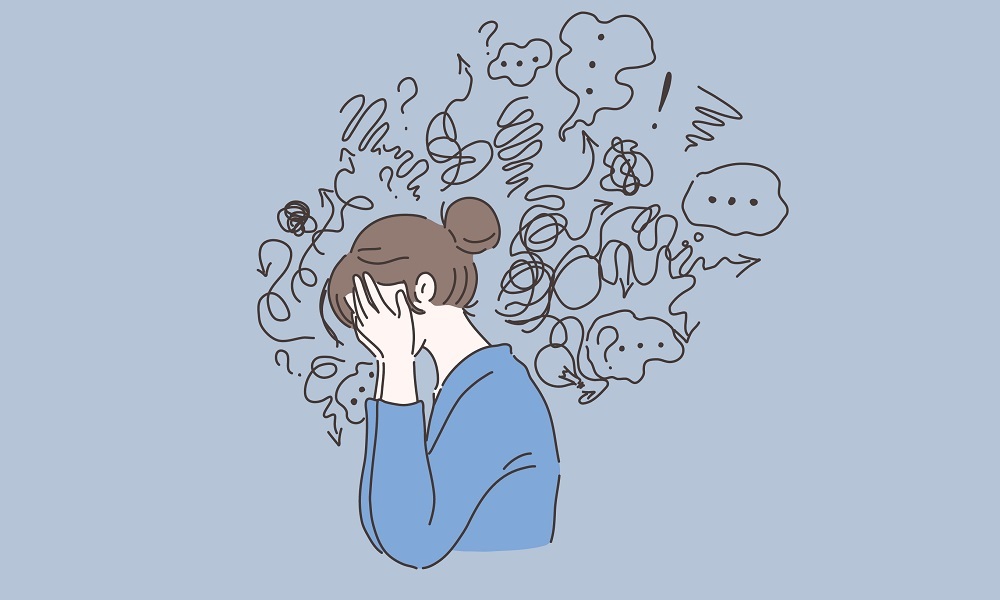Being met with uncertainty and unexpected change is part of all of our lives and can leave us feeling anxious and unsure how to cope. What are some strategies we can implement to help us manage? Mary Spillane, Clinical Psychologist and Headspace App Mental Health Expert for Australia, shares her tips.
It’s safe to say we’ve all been grappling with uncertainties around how our work and personal lives will be affected by the unpredictable nature of the pandemic for longer than we thought.
Although heightened right now, dealing with periods of change and uncertainty is not new. The feelings of anxiety and a loss of control we experience while navigating these periods can have a negative impact on our wellbeing.
Mary Spillane, Clinical Psychologist and Headspace App Mental Health Expert for Australia, tells Wellbeing by Teacher that feeling anxious about uncertainties in life is normal.
‘What we've had is sort of these two years of chronic change and uncertainty, and over time, that does have a bit of a negative effect as well. And so what I'm finding is that there's just increased stress, so that the baseline level of stress is a bit higher. So, it means that people just have more difficulty dealing with day-to-day stuff because of that heightened baseline,’ she shares.
Strategies for regaining a sense of control
Feeling like we have lost our sense of control is common when we are going through a period of uncertainty. To help mitigate this feeling, Spillane says actively doing things that help you feel more in control can be really helpful. For example, implementing a routine can be a good first step.
‘It doesn't have to be too elaborate, but it could be, you know, when you exercise, when you're having meals, when you’re going to bed and waking up, when you have your free time, when you're doing your work,’ she explains. This can also encourage us to maintain healthy habits.
‘If you’re getting good sleep and doing exercise and eating well and sort of avoiding or limiting your alcohol, then that almost creates this sort of protective bubble that just makes it easier to manage some of these things. Whereas, you know, on the flip side if you’re not doing those things, it just makes it so much harder.’
Focusing on the present moment
Making an effort to focus on the present moment is another useful strategy. This is because our minds tend to want to plan for the future when we are experiencing a period of change and uncertainty. In reality, trying to plan and asking yourself ‘what if…’ can end up resulting in more anxiety. So, trying to stay present by using tools like mindfulness can help limit future-oriented worry.
Some may also find it useful to reflect on a past experience of change and uncertainty and identify how you successfully coped, so you can understand what might work for you in the future.
If you notice that you aren’t coping or functioning as well as you normally would for a longer period of two weeks or so – for example, you’re not sleeping well, you’re taking time off work, you are socially isolated or are quicker to anger – Spillane says it is important to reach out for some professional help.
‘It's okay if you're finding it a bit destabilising with all these changes. And there might be times when people think they do cope okay and there are other times when they're really struggling due to different factors and that's really, really normal,’ Spillane says.
The Headspace App is free for educators to download and use. While there are resources specifically for use at school, you can also access meditation resources to improve your own wellbeing. Click the link to find out more.


